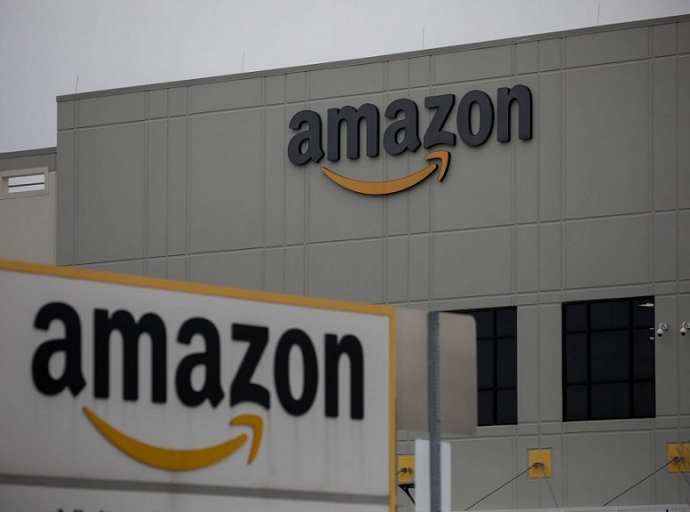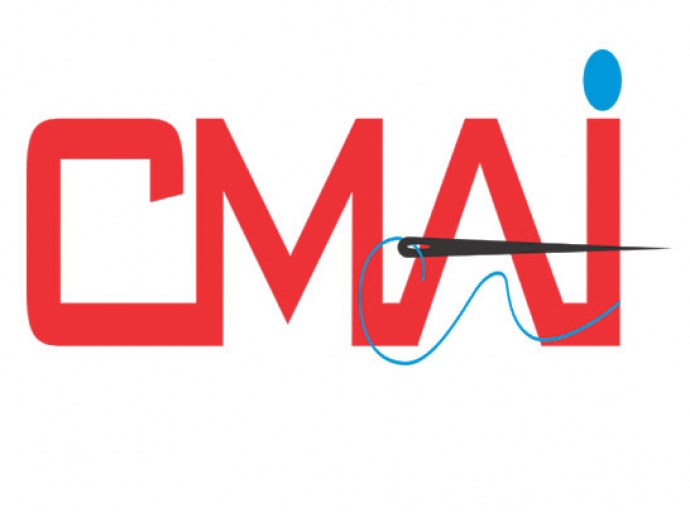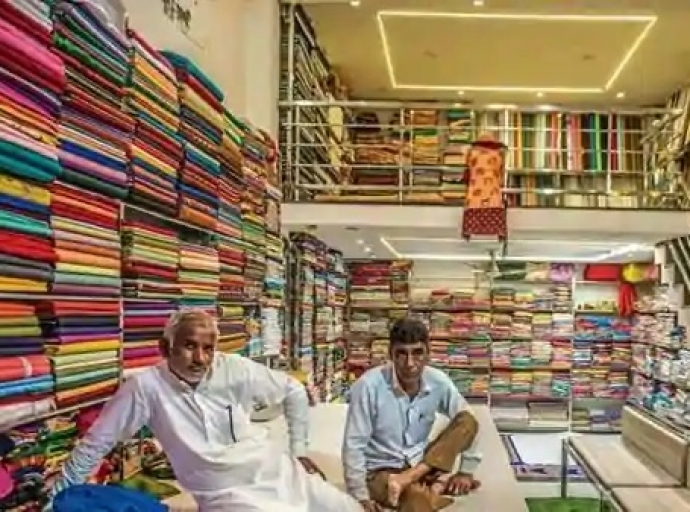Global e-commerce giant Amazon India’s stake in Kishore Biyani-led Future Retail, which runs the Big Bazaar chain, has reportedly come as a stumbling block for billionaire Mukesh Ambani-controlled Reliance Retail's plan to acquire a controlling stake in the retail businesses of Biyani’s Future Group.
In 2019, the Jeff Bezos-led American online behemoth had acquired a 49 per cent stake in Future Coupons, a promoter entity which holds 2.72 per cent in Future Retail. The deal gave Amazon an indirect stake of 1.3 per cent in Future Retail, that Reliance Retail is reported to be eyeing.
Furthermore, Amazon—the world's largest online retailer—has the first right to acquire Biyani’s complete holding in this company in three to 10 years from November 2019, when the transaction was approved by the Competition Commission of India (CCI), India's antitrust watchdog. While this right can only be exercised after November 2022, Biyani seems to cut his debt quickly, which stands at Rs 12,778 crore for the Future Group as a whole.
Last year, the US-based online retail major in partnership with private equity firm Samara Capital had acquired Aditya Birla Group’s More food and grocery retail chain. At present, the government norms restrict foreign direct investment (FDI) in retail, Amazon employed a rarely used class of shares to buy 49 per cent stake in Witzig Advisory Services, a joint venture company with Samara.



























